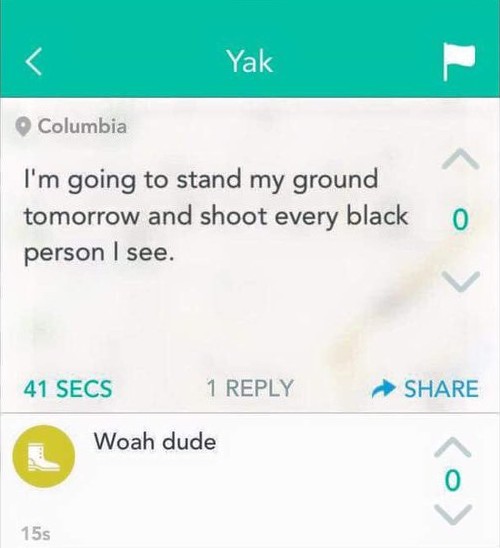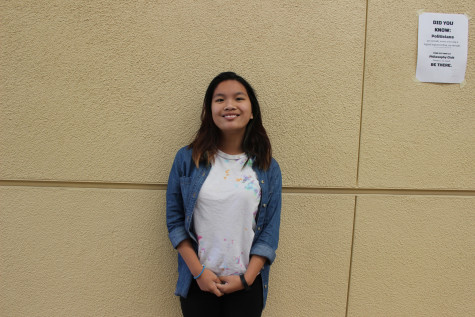
The Internet has become the new forum for hate speech. It has become a battleground rooted on social issues.
When social media was flooded with reactions to the newest “Star Wars VII” trailer on Oct. 19, not all were pleased with the casting decisions.
With one specific tweet and a new hashtag, “Star Wars VII” became embroiled with controversy over the lack of a white male lead.
History teacher Jarrod Harrison said, “I know the first time I saw one of the teasers last year, it showed an African American actor in what looked like a Stormtrooper’s suit. I grew up with the original ones from the ’70s and you never knew what was underneath the armor. I guess I always assumed the Stormtroopers were all white, all clones. It’s interesting that they are adding more diversity to the film.”
Like Harrison, many fans assumed the clones would resemble the original white Stormtrooper, Jango Fett. Unlike Harrison, some fans reacted vehemently to John Boyega’s casting.
While their protests on social media merged with the many other reactions, the specific hashtag, #boycottstarwarsVII, created an upwelling of racially-charged comments about the movie’s black lead.
Junior Peyton Young said, “To me, it makes no sense because they still have the traditional characters. They have Han Solo; they probably have a bunch of other white characters in the story line. I haven’t seen much of the trailer, but from what I saw, there seemed to be a bunch of white characters as well as the black characters. So I don’t know why they would be complaining.”
It’s unclear if the instigator was motivated to start the issue because of their personal enjoyment or their own beliefs, but the situation escalated as contributors to the online protest associated #boycottstarwarsVII with #whitegenocide. The White Genocide Project, a group dedicated to notify the world of the decreasing white population percentage, defined this term as “deliberately inflicting on the group [whites] conditions of life calculated to bring about its physical destruction in whole or in part.”
In this situation, the combined contributors of the hashtags questioned the place of a black man in the entertainment business.
These new Internet communities validate preconceived racist beliefs for some.
The controversial groups aren’t isolated to social media; the Internet has become the meeting place for many people to connect based on hateful beliefs. These communities create their own websites, like the White Genocide Project and White Honor.
Axl Hess posted on White Honor, “We’ve been warning you about this for years. What did you expect when you bring over non-whites into historically Aryan lands? It’s nothing short of White Genocide… The Jewish and white-traitor politicians that forced the invasion of non-whites into our cities are covered in the blood of all the people that have been murdered at the hands of foreigners. There must be racial segregation or our people will not last.”
These hateful ideas motivated some people to act.
Influenced by his racial view of the Trayvon Martin case, Dylann Roof shot nine black churchgoers in Charleston, South Carolina on June 19.
According to The New York Times, Roof had created his own website, lastrhodesian.com, which referenced the white minority in Zimbabwe and can’t be accessed currently. This website included pictures of Roof, the confederate flag, and a manifesto.
The manifesto read, “I have no choice. I am not in the position to, alone; go into the ghetto and fight. I chose Charleston because it is [the] most historic city in my state, and at one time had the highest ratio of blacks to Whites in the country. We have no skinheads, no real KKK, no one doing anything but talking on the Internet. Well someone has to have the bravery to take it to the real world, and I guess that has to be me.”
There are many other websites besides lastrhodesian.com which have been created based on these hateful beliefs. The influence and actions of these beliefs on the Internet will continue as new loopholes and enabling elements, like anonymity, become available.
However, as more communities rally based on discriminating and hateful beliefs, others will rally in opposition.

